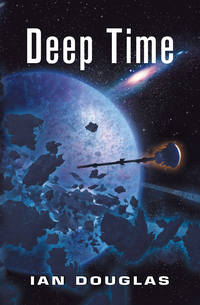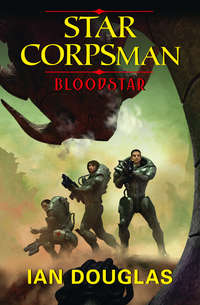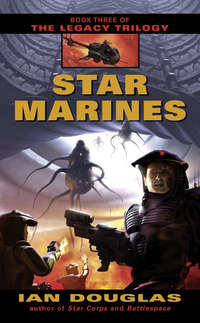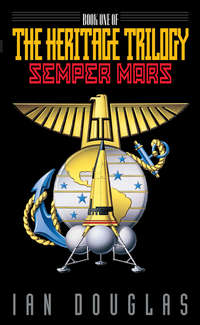The Complete Heritage Trilogy: Semper Mars, Luna Marine, Europa Strike

Полная версия
The Complete Heritage Trilogy: Semper Mars, Luna Marine, Europa Strike
Жанр: зарубежная фантастикакниги о войнесовременная зарубежная литературасерьезное чтениеоб истории серьезно
Язык: Английский
Год издания: 2018
Добавлена:
Настройки чтения
Размер шрифта
Высота строк
Поля
Конец ознакомительного фрагмента
Купить и скачать всю книгу








